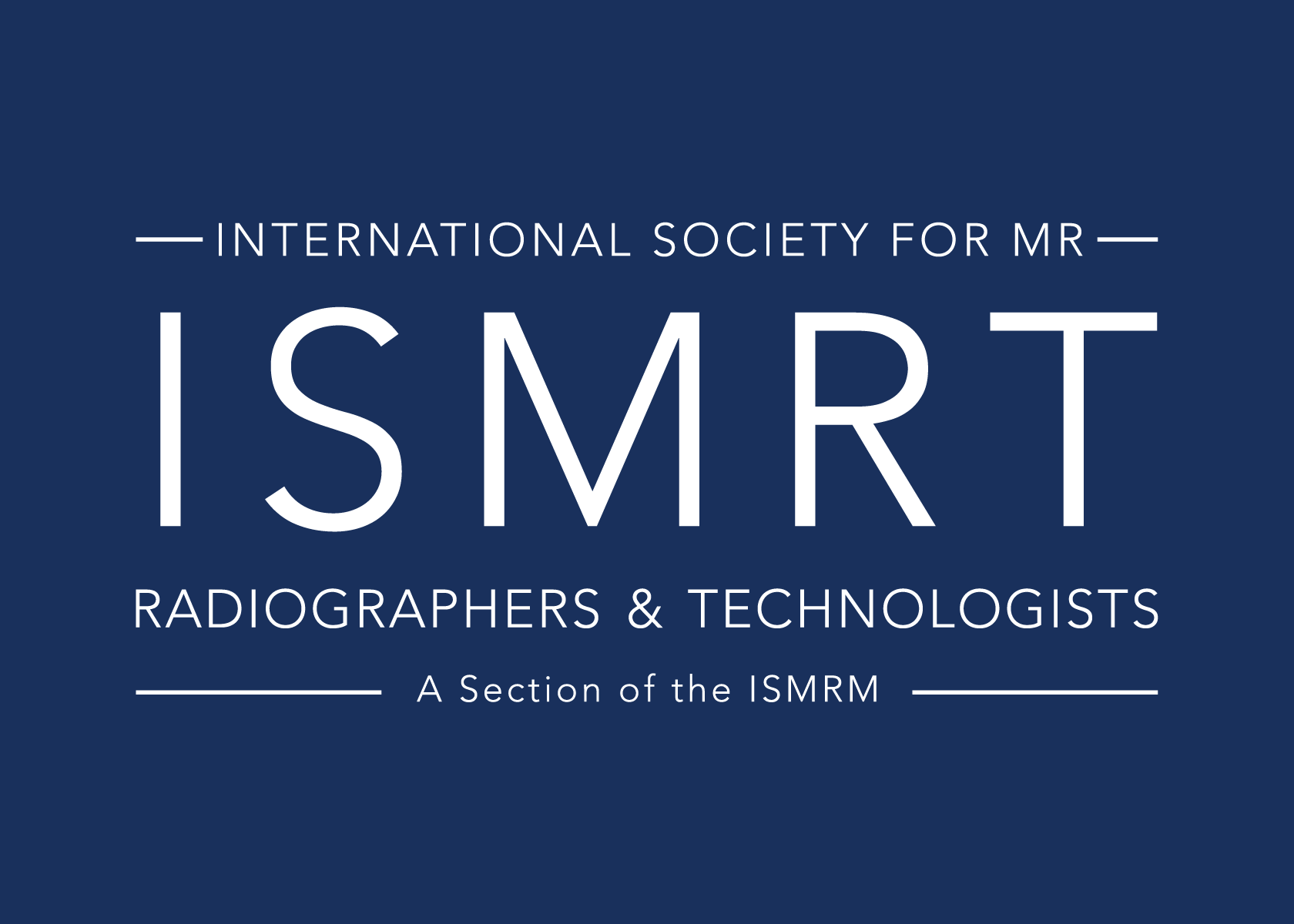Funded by the ISMRM Research & Education Fund
Application Deadline:
2025 ISMRM membership required to apply.
The ISMRM Research Exchange Program aims to foster the exchange of ideas and promote the advancement of basic science, pre-clinical, and clinical magnetic resonance imaging and spectroscopy (MRI/S) research by supporting the exchange of researchers to alternate research sites.
Mission Statement
To promote the advancement of MRI/S research by catalyzing the exchange of scientific personnel; to build community amongst MRI/S scholars that fosters rapid and efficient transfer of knowledge and progress of the field.
Who can apply?
ISMRM members affiliated with academic institutes with appointments at (or below) the level of Assistant Professor are encouraged to apply. Applicants must:
- Be ISMRM Trainee or Full Members;
- Find a host mentor (ISMRM Full Member); and
- Work closely with this mentor to prepare the submitted application.
If the applicant is a Trainee Member, then it is preferred that the applicant’s home/local mentor be a ISMRM Full Member. Scientists and clinicians who reside in financially restricted countries and do not have access to alternative financial means are especially encouraged to apply.
Note: Previously successful applicants are ineligible to apply again. Applications from students currently working with ISMRM Research Exchange Committee members are discouraged.
Who can host?
ISMRM Full Members that are principal investigators of an active MRI/S research group at an academic institute are encouraged to host applicants.
How do applicants find a host?
Applicants may find a host via existing scientific networks that the ISMRM already fosters (annual meetings and workshops). Applicants can also reach out directly to ISMRM full members with whom they would like to work.
How to apply?
Applicants will provide a two-page research proposal, two letters of reference (applicant’s home mentor or department chair; and the applicant’s host mentor) and curriculum vitae. A single, combined PDF containing these files must be uploaded via the link below before the deadline noted at the top of this page. Applicants are encouraged to review the evaluation criteria (see below).
How do I prepare the research proposal?
The proposal must outline the specific aim(s), significance & innovation, and approach (~1.5 pages). The applicant should provide a budget justification and also address the need for financial support and the benefits of the exchange collaboration (~0.5 pages). The proposal should be single-spaced on letter-sized or A4 paper with 1-inch (25mm) margins and a 12-point font.
What funds are available?
Up to $5000 per applicant is available. Winners will be contacted in April and will be formally announced at the ISMRM Annual Meeting. This funding is aimed at catalyzing the exchange, not fully supporting all associated costs. Funds must be used within one year of having been awarded.
When to apply?
Applications are due any time before the deadline noted at the top of this page.
When does the exchange occur? For how long?
The trainee can visit the host site any time within one year after the award announcement. Exchange durations should be for a minimum of eight weeks. Because earnest collaboration and scientific progress both require significant time to develop, longer visits are strongly encouraged. It is expected that most exchanges will be for 3-6 months. Applicants will likely require additional funding support to fully leverage the catalyzing funds from the ISMRM.
How are applications evaluated?
The ISMRM Research Exchange Program committee will review all applications and individually score (5-highest, 1-lowest) each category:
- Importance of the exchange for the applicant’s growth as a scientist;
- Likely success of the proposed project;
- Likelihood of establishing a sustained collaboration and/or benefit to the ISMRM;
- Applicant’s research preparedness for the exchange;
- Suitability of the host site for the proposed project; and
- The financial need of the recipient.
Deliverables
Applicants must provide the ISMRM Research Exchange Program committee with a one- to two-page report about the outcomes of their research exchange. This can highlight research results, software developments (open source is encouraged), abstracts, papers, patents etc. Preferably, the authors can provide a copy of a submitted or accepted ISMRM abstract related to the exchange. All applicants must acknowledge support from the ISMRM in any publications resulting from the exchange. Reports are due one month before the annual ISMRM meeting commences.
If you have any questions, please email research_exchange@ismrm.org.

